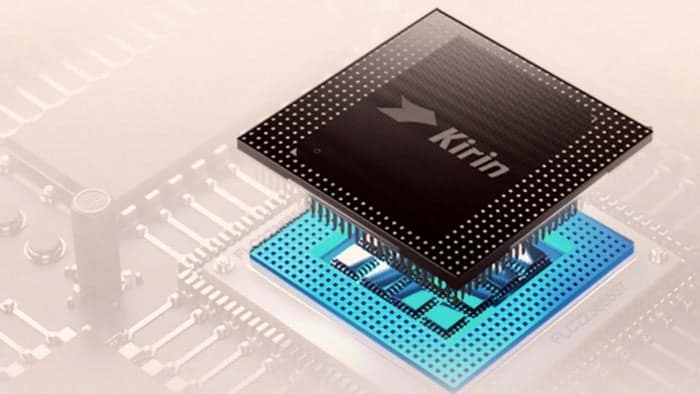The ban imposed by the US government on Huawei has complete one year this month. To no one surprise, the Trump administration decided to extend the ban for one more year. The ban has never been in full effect as the US keeps extending Huawei’s temporary general license, allowing them to keep their licenses to distribute Google Mobile Services on devices introduced before the ban. The major problem is with new smartphones since Huawei can’t use GMS on them. This made the Chinese giant run and develop its own portfolio of apps. Now, the US government is escalating trade restrictions even further. Things may become really complicated for Huawei as the US is moving to block many chip makers from supplying HiSilicon Kirin SoCs to Huawei.
Today, the US Commerce Department amended an export rule to block shipments of chips to Huawei. The move comes to “strategically target Huawei’s acquisition of semiconductors that are the direct product of certain US software and technology.” Secretary of Commerce Wilbur Ross stated: “Huawei and its foreign affiliates have stepped-up efforts to undermine these national security-based restrictions through an indigenization effort.” In other words, the US government believe that the Chinese giant was bypassing the rules in the previous ban. Therefore, it will tighten the rules.
The new rules prevent TSMC from shipping Kirin chipsets for Huawei.

The new ban prevents foreign manufacturers who use American software and technology from shipping products to Huawei unless they get a license from the U.S. This is impossible for Huawei, after all, the company is on the US entity list. The major effect caused by the new rules is that TSMC which makes most of the Kirin chipsets won’t be able to keep shipping chips. The Kirin lineup has been very important for Huawei, after all, it allows the company to keep pushing smartphones. Moreover, they’re being vital for the company’s 5G expansion.
Companies like the Shanghai-based SMIC are safe from this new rule and they made the Huawei’s Kirin 710A chip. Another company that can potentially continue the development of Kirin chips is STMicroelectronics. In counterpart to the Android license, the new rule is much more difficult for the Chinese giant to work around. The company will need to rethink its Kirin strategy or rely on current chipsets for the time being.





